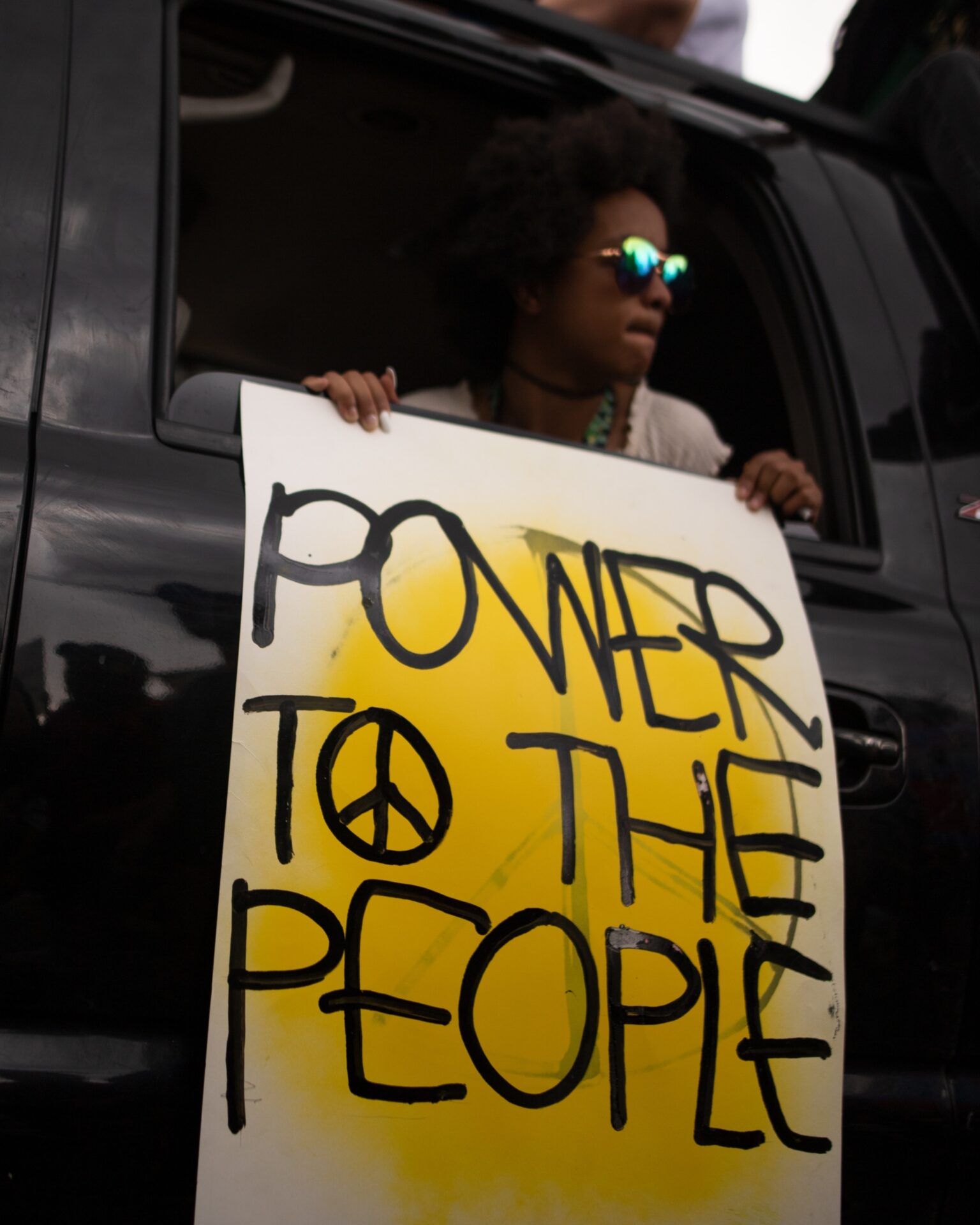1. The First Polls: The concept of polling dates back to ancient Rome, where citizens would cast their votes on issues of public policy by dropping pebbles into containers. However, the first modern opinion poll was conducted by the newspaper “The Harrisburg Pennsylvanian” in 1824. The paper asked seven of its readers who they planned to vote for in the upcoming presidential election, and correctly predicted that Andrew Jackson would win.
2. Movies: Market research, including surveys and polling, has greatly impacted the film industry. Studios often use test screenings to gauge audience reactions and adjust the final cut of the movie accordingly. One famous example is “Fatal Attraction” (1987). The original ending, in which the antagonist dies by suicide, tested poorly with audiences. The studio then decided to change the ending to a more dramatic and confrontational scene, which was met with a much better response and contributed to the film’s commercial success.
3. Regional Discrepancies: Polling in different geographical regions can yield vastly different results due to cultural, economic, political, and social differences. For example, opinions on climate change can differ dramatically between countries like Sweden and the US, despite the global nature of the issue. Similarly, within a country like India with high diversity, political and social opinions may differ significantly from state to state.
4. The Literary Digest Polling Blunder: In 1936, “The Literary Digest” conducted a massive poll of over 2.3 million people, predicting that Republican candidate Alf Landon would beat President Franklin D. Roosevelt in the U.S. Presidential Election. The prediction turned out to be incredibly wrong, as Roosevelt won in a landslide. The problem was a non-response bias; the magazine’s readership was wealthier than the average American and more likely to support Landon. This marked a turning point in the methodology of polling, highlighting the importance of representative samples.
5. Misleading Aspects: The term “push polling” refers to a deceptive practice in political campaigning where an individual or organization attempts to influence or alter the view of respondents under the guise of conducting a poll. It’s a form of negative campaigning.
6. Survey Fatigue: This is a phenomenon where respondents become tired or bored during the process of answering a survey, which can lead to inaccurate responses. It’s an issue that pollsters have to account for when designing their surveys.






